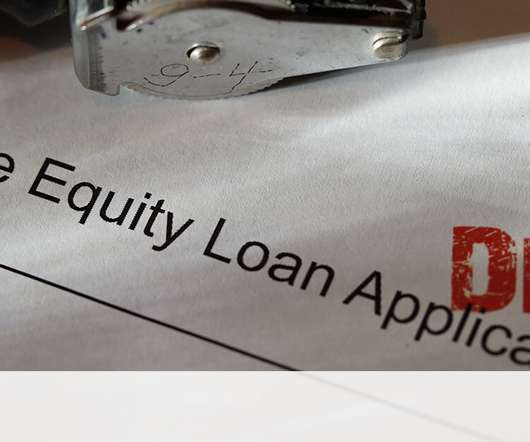What Is the Difference Between Chapter 7, 11, and 13 Bankruptcies?
Credit Corp
MAY 3, 2023
If you decide to file for bankruptcy, you must next decide which type of bankruptcy is right for you. Bankruptcy can be complex, and even a small mistake in how you file can substantially change the outcome of your case. In This Piece Understand the Types of Bankruptcy How Do You Know Which Bankruptcy Type is Right for You?












Let's personalize your content